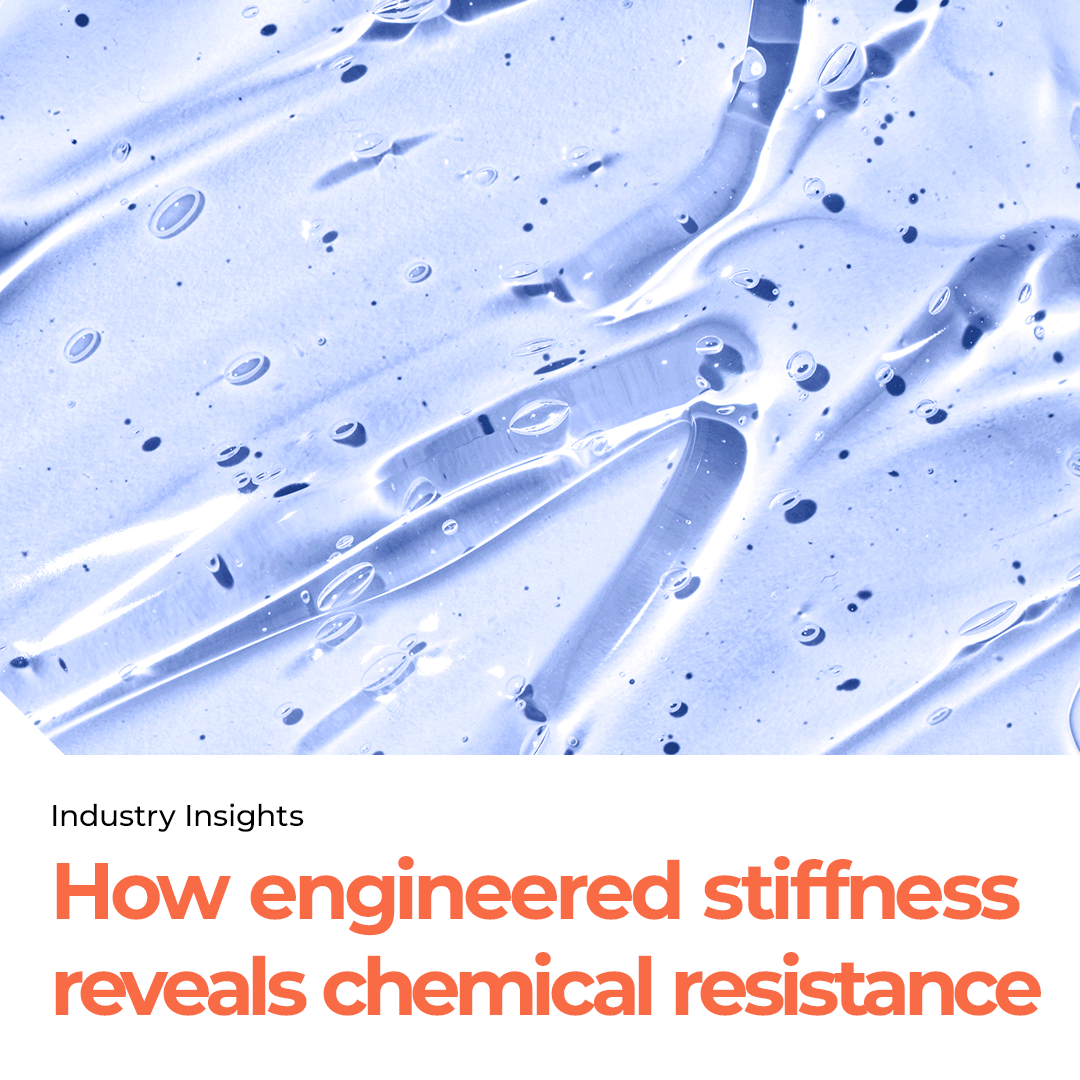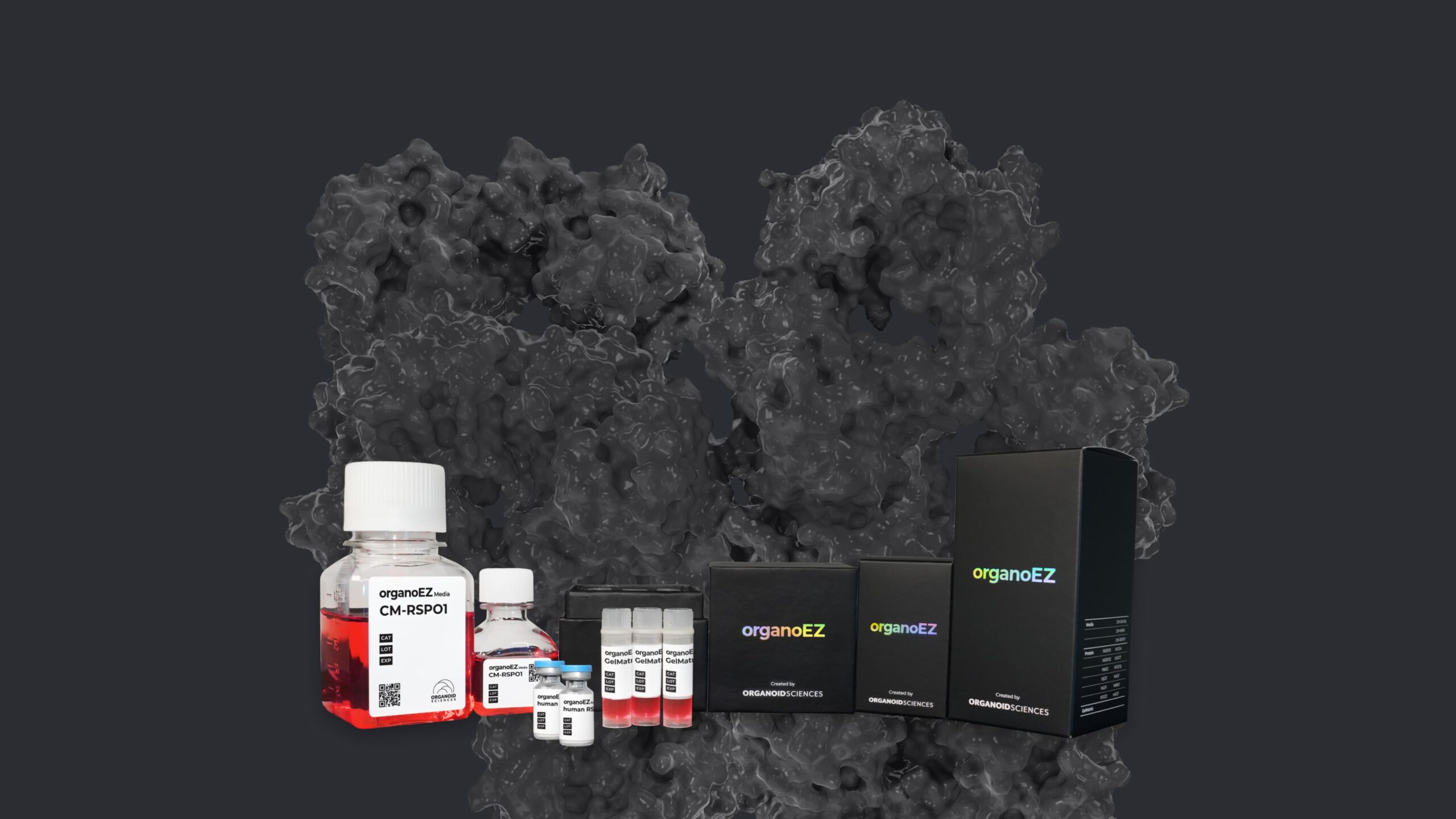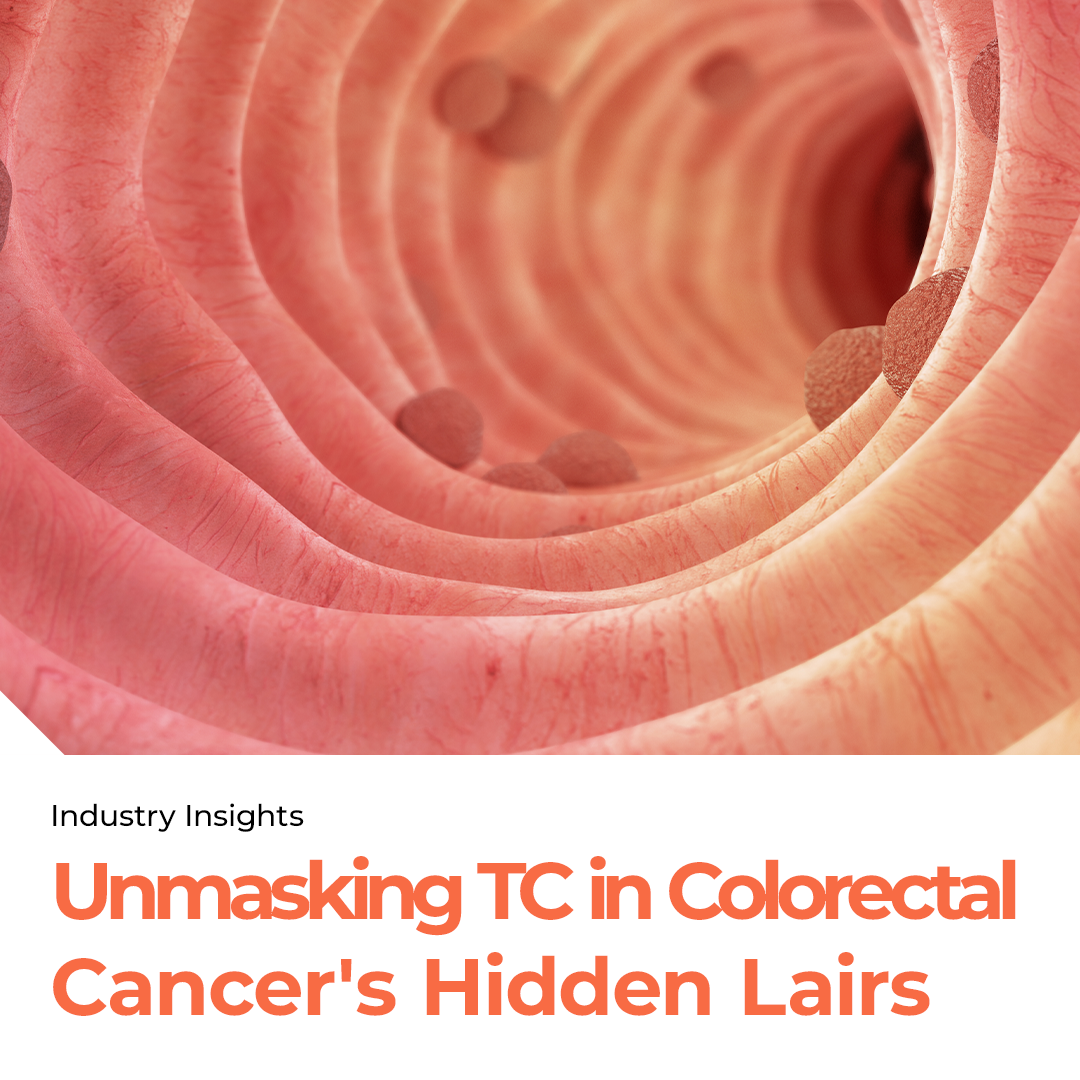Pancreatic ductal adenocarcinoma (PDAC) is known for its fibrotic and stiff extracellular matrix. Understanding how this stiffness influences tumor behavior has been challenging. To explore this, researchers engineered matrices mimicking the PDAC tumor environment. They discovered that patient-derived PDAC organoids from three patients developed resistance to several chemotherapies when cultured in high-stiffness matrices similar to those found in tumors. Genetic barcoding revealed that while the matrix influenced which cell clones thrived, the main cause of chemoresistance was not cellular diversity. Instead, the stiff environment increased the expression of drug-efflux transporters via CD44 receptor interactions with hyaluronan. Importantly, this chemoresistance was reversible when organoids were moved from high- to low-stiffness matrices, suggesting that targeting the fibrotic extracellular matrix could make chemoresistant tumors more sensitive to treatment. This study highlights the potential of using engineered matrices and patient-derived organoids to understand and overcome chemoresistance in PDAC.
Keywords: patient-derived organoid, pancreatic cancer organoid, chemoresistance, engineered matrices
